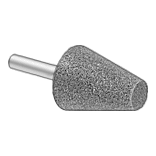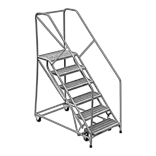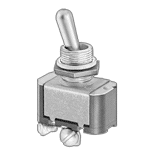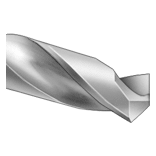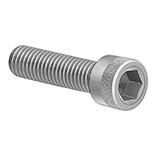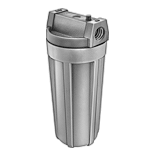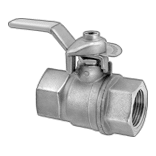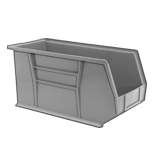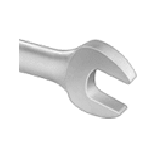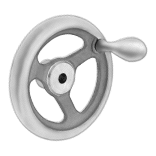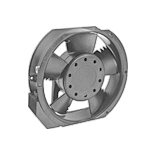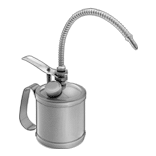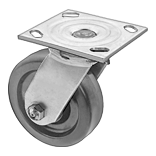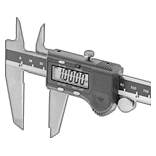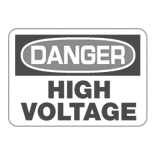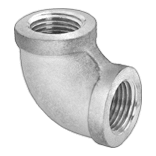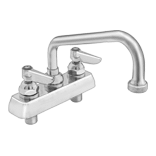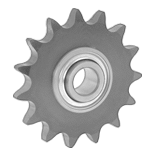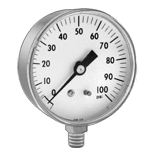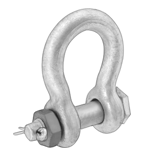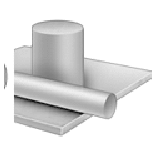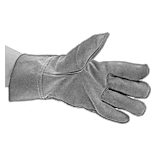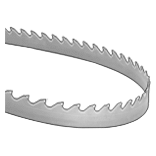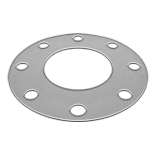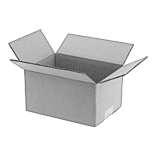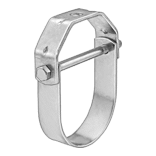Corrosion-Resistant Compression Springs
These springs are more corrosion resistant than standard compression springs. They're also easier to compress than standard compression springs. As you squeeze a compression spring, it pushes back to return to its original length. Spring rate is the amount of force required for every inch of compression or, for metric springs, millimeter of compression. The higher the spring rate, the harder it is to compress the spring.
302 stainless steel springs have good corrosion resistance.
316 stainless steel springs have excellent corrosion resistance.
Springs with closed and ground ends sit flat, so they won’t buckle.
For technical drawings and 3-D models, click on a part number.
| OD, mm | ID, mm | Wire Dia., mm | Compressed Lg. @ Max. Load, mm | Max. Load , lbs. | Spring Rate, lbs./mm | Material | End Type | Specifications Met | Pkg. Qty. | Pkg. | |
8.3 mm Lg. | |||||||||||
|---|---|---|---|---|---|---|---|---|---|---|---|
| 3.6 | 2.8 | 0.4 | 5.23 | 0.84 | 0.27 | Passivated 316 Stainless Steel | Closed | __ | 1 | 00000000 | 00000 |
| 3.61 | 2.8 | 0.41 | 3.4 | 1.34 | 0.28 | 302 Stainless Steel | Closed | __ | 5 | 00000000 | 00000 |
| 5.8 | 4.2 | 0.8 | 5.6 | 4.87 | 1.78 | 302 Stainless Steel | Closed | DIN 2095 | 5 | 00000000 | 00000 |
| 5.8 | 4.2 | 0.8 | 6.01 | 4.14 | 1.81 | Passivated 316 Stainless Steel | Closed and Ground | __ | 1 | 00000000 | 0000 |
